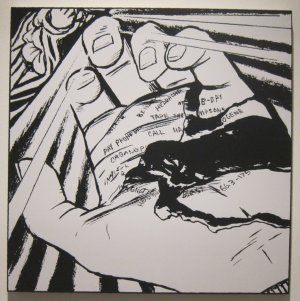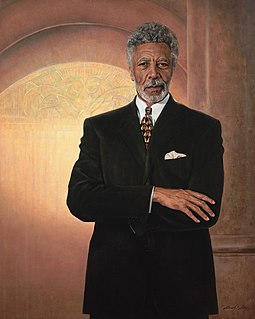A Quote by Seth Godin
One bad review doesn't ruin my day because I realize what a badge of honor it is to get a bit of criticism at all.
Related Quotes
One thing I noticed over time is that if I got a bad review, usually the bad part of it was at the very end. I could tell that nobody read the whole review because they would just say, "It was great to see the review!" In a way, my brain shuts down at the end of an article. It doesn't really want to go to the end.
I don't think any of us knew the dangers of repeated concussions or the fact that even when you got a concussion, the idea to go get treatment for it never entered our minds. We just didn't have - we weren't educated enough. We were really ignorant to it. I would get concussions in my early 20s racing, and it was a bit of a badge of honor.
Writers are funny about reviews: when they get a good one they ignore it-- but when they get a bad review they never forget it. Every writer I know is the same way: you get a hundred good reviews, and one bad, andyou remember only the bad. For years, you go on and fantasize about the reviewer who didn't like your book; you imagine him as a jerk, a wife-beater, a real ogre. And, in the meantime, the reviewer has forgotten all about the whole thing. But, twenty years later, the writer still remembers that one bad review.
My main qualm about TV criticism has been when people review TV the way they review movies. They watch the pilot, and write a definitive review of the show. The obvious analogy is that you don't read the first eight pages of a book and then talk about whether the book works or not. People want so desperately in this day and age to declare something thumbs-up or thumbs-down that they declare it immediately.
[On The Waste Land:] Various critics have done me the honor to interpret the poem in terms of criticism of the contemporary world, have considered it, indeed, as an important bit of social criticism. To me it was only the relief of a personal and wholly insignificant grouse against life; it is just a piece of rhythmical grumbling.
Whoever writes a bad review, I put their name on a list, and they're going to get taken care of one day down the road. Otherwise, I don't let it bother me. The truth is, these are review-proof movies. The audiences are going to see it. My audience, our audience, isn't reading Esquire magazine to see if my movie is good or not. They just want to laugh, to be entertained, and lose themselves.






































